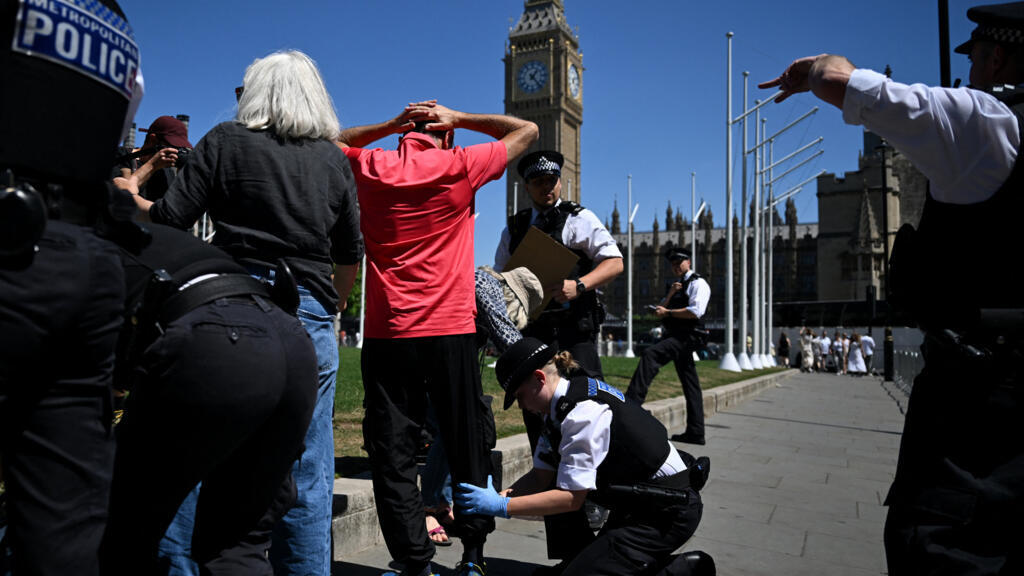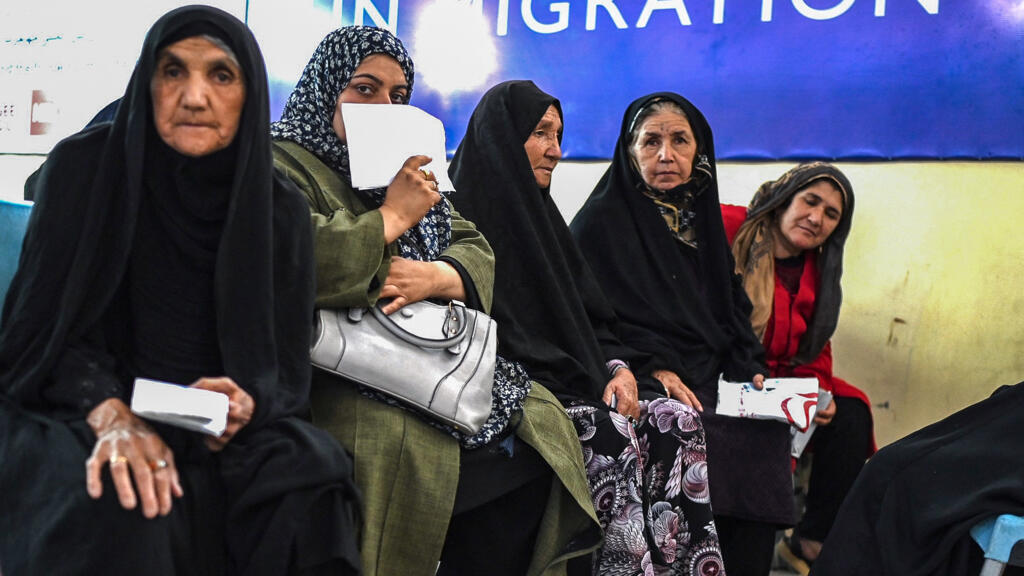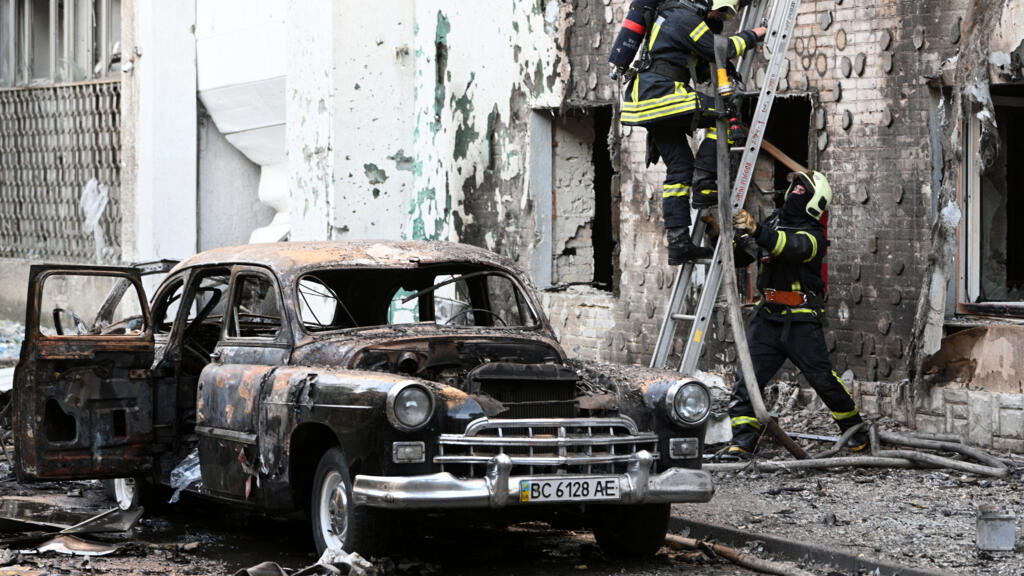On Saturday, a significant number of individuals were arrested during protests in response to the enforcement of anti-terror laws aimed at banning the activist group Palestine Action. This crackdown followed a reported break-in and acts of vandalism at a Royal Air Force (RAF) base, which sparked widespread outrage among supporters of the group.
This incident has heightened tensions in the ongoing debate regarding the treatment of pro-Palestinian activists in the UK. More than 70 individuals were taken into custody during these demonstrations, which took place in various cities, including a notable gathering in London. Here, protesters rallied for the second consecutive week, demonstrating their solidarity with Palestine Action and condemning the actions of law enforcement.
The protests underscore a growing discord over the application of anti-terrorism legislation, as many view these measures as disproportionately targeting peaceful activism. Supporters argue that Palestine Action's activities, which include direct actions against defense companies involved in arms sales to Israel, are legitimate expressions of political dissent. However, authorities have framed these actions within a security context, leading to a crackdown that many activists believe infringes upon their rights to free expression.
In recent weeks, the backdrop of these protests has been marked by increasing public awareness and scrutiny of the UK's arms trade and its implications for the Israeli-Palestinian conflict. Many activists believe that the government's measures against Palestine Action serve to deter other groups from speaking out against similar issues, fostering an environment of fear among activists.
The arrests on Saturday reflect a broader trend seen in other recent protests where authorities have taken a hard stance against what they label as “violent” demonstrations, despite many participants arguing that their actions are nonviolent in nature. Protesters have continuously urged for an examination of the legal frameworks governing protests and political activism, calling for more humane treatment of those who engage in such activities.
As the weekend protests progressed, participants reiterated their messages through chants and displays, many carrying placards that highlighted their cause. The de-escalation tactics employed by law enforcement have been met with criticism, with calls for accountability from those who were arrested. Supporters maintain that peaceful activism should not only be tolerated but encouraged, allowing for broader discussions about justice and human rights.
As the situation continues to unfold, both the government and law enforcement agencies will likely face increased pressure to justify their actions in the context of national security versus the protection of civil liberties. The dialogue surrounding Palestine Action and the implications of the recent protests will remain a focal point in discussions about the balance of security measures and the right to protest in democratic societies.
```











